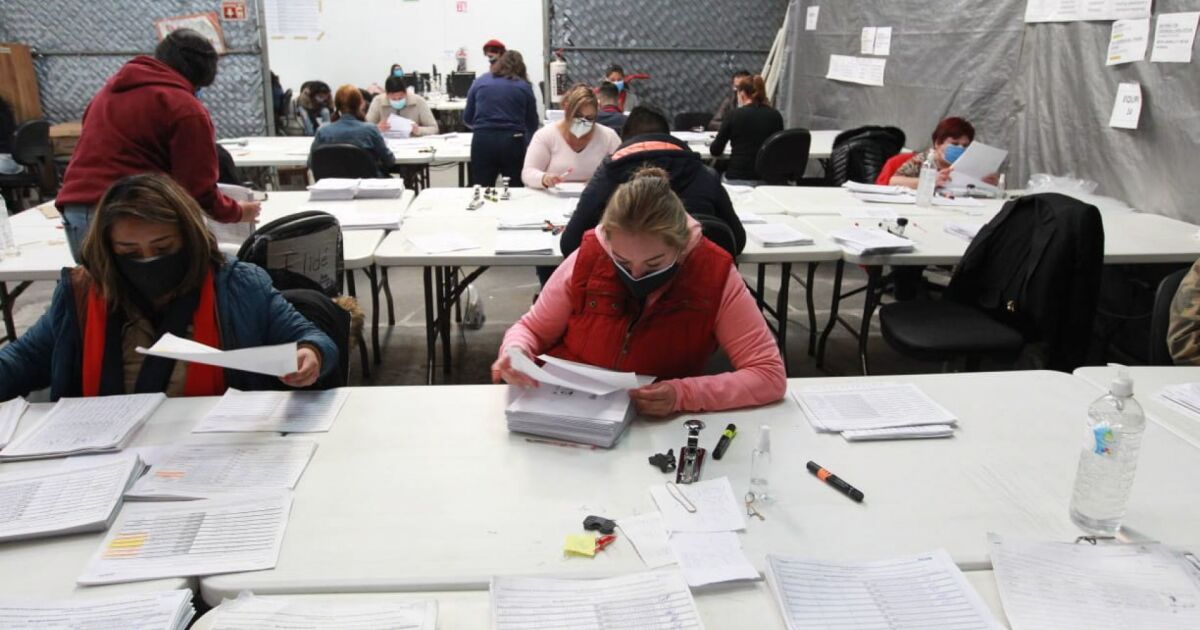Nicaragua closed 2021 with the second highest number of malaria infections in the last two decades. According to epidemiological bulletin number 46, until the last week of November of that year, 21,030 malaria infections were registered in the country.
This amount represents, without the figures for the last month, 33% less than the total for the previous year, when the country registered a record 31,763 infections nationwide. However, this amount is the second highest in the last 20 years.
The exact number of infections with which Nicaragua closed is unknown, because despite the overflow of this epidemic, the Ministry of Health (Minsa) has not provided a report on the impact registered mainly in the autonomous regions of the Caribbean, nor has it provided an alert. as it did in 2019, when dengue cases skyrocketed.
As confirmed by the investigation CONFIDENTIAL, “The promise to eradicate malaria: the failure of the Minsa in Nicaragua”, this epidemic has been out of control for more than five years and in the Caribbean, one of the poorest regions of the country, the population gets sick up to four times in the same year due to the proliferation of the transmitting mosquito: Anopheles.
So far in 2022, as reported last Monday by the state spokesperson and vice president, Rosario Murillo, who since 2020 has been reading a brief weekly report on epidemics, 1,381 infections have been registered, of these 303 occurred in the previous week.
Minsa is silent about cerebral malaria
The world report on malaria 2021, published by the World Health Organization (WHO), indicates that Nicaragua, Honduras and Panama are the Central American countries that registered the highest increase in malaria in 2020, since the data is published one year late . However, it was our country that surpassed its own statistics.
Likewise, Nicaragua is the country with the highest increase in falciparum malaria, known as cerebral malaria. This type of malaria is more serious and can be fatal if not treated early. According to the WHO, in 2019 the number of people infected with this type in Nicaragua was 2,398 and a year later the figure rose to 11,250.
In the concise reports of the Minsa there is no specification about malaria divided by types and the authorities do not explain to the population what the behavior is either. Nor why control of this disease was lost for more than five years, when infections began to rise.
According to the research of CONFIDENTIAL, the country has received more than 31 million dollars from international funds to combat this epidemic and even in 2017 received a prize of 1.2 million dollars “as a result of the achievements made in the process of eliminating malaria in the country”.
So, Nicaragua had such a good trend that the current minister, Martha Reyes, assured that in 2020 the elimination of this epidemic would be achieved. However, the statistics indicate that the Minsa lost control of it.
Nicaragua signs agreements with Honduras and Costa Rica
During last year, Nicaragua signed two agreements with neighboring countries to plan joint actions in border areas to help eliminate malaria.
According to PAHO, Costa Rica, Honduras and Nicaragua agreed to provide treatment and follow-up to all patients diagnosed with malaria regardless of the country of origin, provide assistance and guarantee the free movement of health personnel to carry out malaria control activities.
A Nicaraguan doctor, who asked not to be identified, explained that cooperation between countries is important because this epidemic spreads due to the mobilizations carried out in the border areas. If Nicaragua loses control of the epidemic, it also puts the countries at risk.
Costa Rica, for example, plans to eradicate this epidemic from its territory by 2025, to join El Salvador, which in 2020 achieved malaria elimination certification granted by the World Health Organization (WHO).







